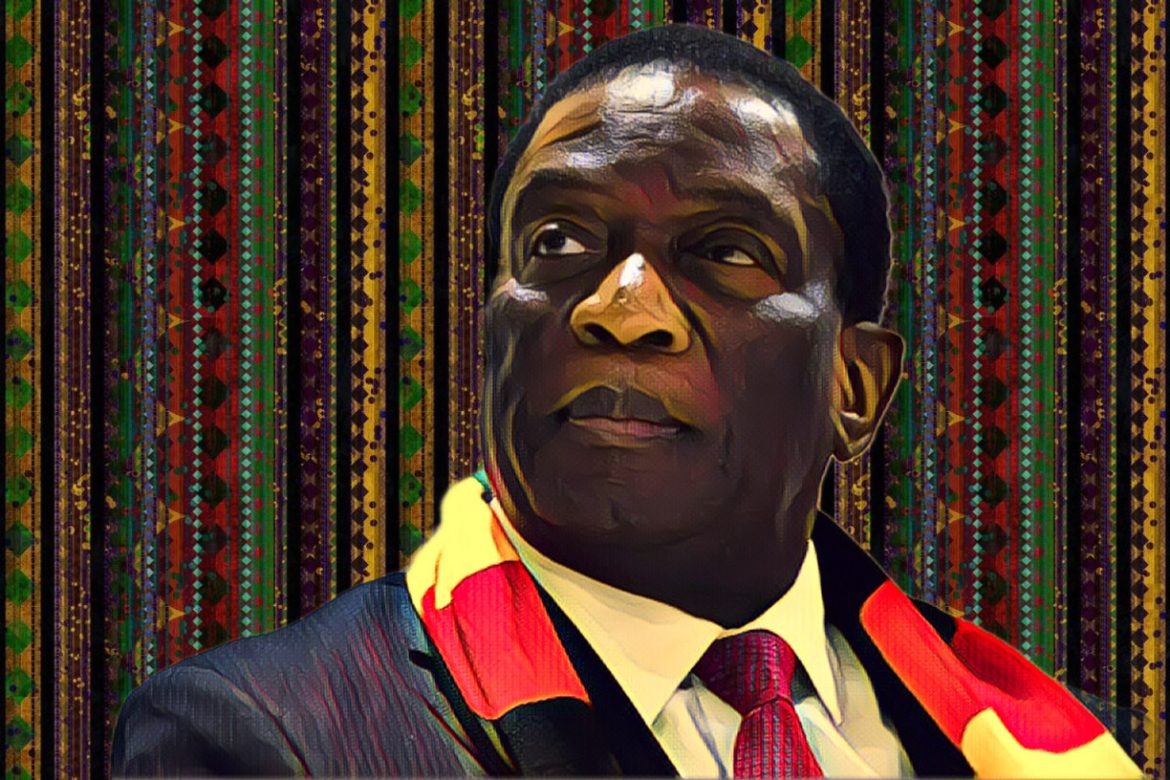The United States announced on Monday the cessation of its 2003 sanctions program against Zimbabwe, while simultaneously introducing new sanctions targeting President Emmerson Mnangagwa and his closest allies. This move comes in response to allegations of corruption, human rights abuses, and the shielding of illicit gold and diamond trading activities within Zimbabwe.
President Mnangagwa, alongside his wife Auxilia, Vice President Constantino Chiwenga, and several key figures within his administration and business circle, have been designated under the US Global Magnitsky Program. This program is aimed at penalizing those involved in serious human rights violations or corruption worldwide. This marks the first instance of a sitting head of state, Mnangagwa, being named in such a context, highlighting the gravity of the accusations against him and his network.
According to a report from Newsday, the list of those sanctioned includes not only political figures like Defence Minister Oppah Muchinguri and Midlands Provincial Affairs Minister Owen Ncube but also influential businesspersons such as Obey Chimuka and Kudakwashe Tagwirei, and entities like Sakunda and Fossil Group. These sanctions reflect the US’s strategic shift towards targeting specific individuals and entities believed to be perpetuating corruption and undermining human rights in Zimbabwe, rather than imposing broader measures against the country.
US Deputy Treasury Secretary Walley Adeyemo emphasized that these sanctions are not aimed at the Zimbabwean people but rather the “criminal networks” surrounding President Mnangagwa that are responsible for corruption and human rights abuses. This recalibration seeks to encourage the Zimbabwean government to adopt significant reforms towards better governance, human rights, and anti-corruption measures.
Adeyemo accused President Mnangagwa of facilitating the illicit sale of precious minerals and utilizing the country’s security services to suppress political dissent and civil society, practices that have contributed to Zimbabwe’s ongoing crisis. Furthermore, the US National Security Council emphasized the commitment of President Joe Biden’s administration to work with the people of Zimbabwe and express concern over the deteriorating human rights situation in the country. These sanctions and policy changes aim to hold accountable those undermining democracy and good governance in Zimbabwe.


